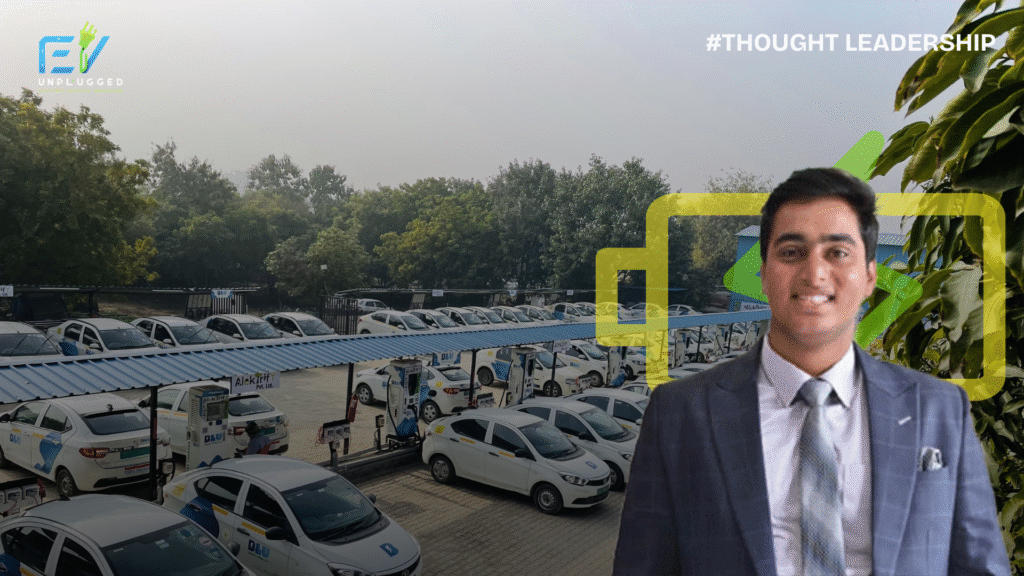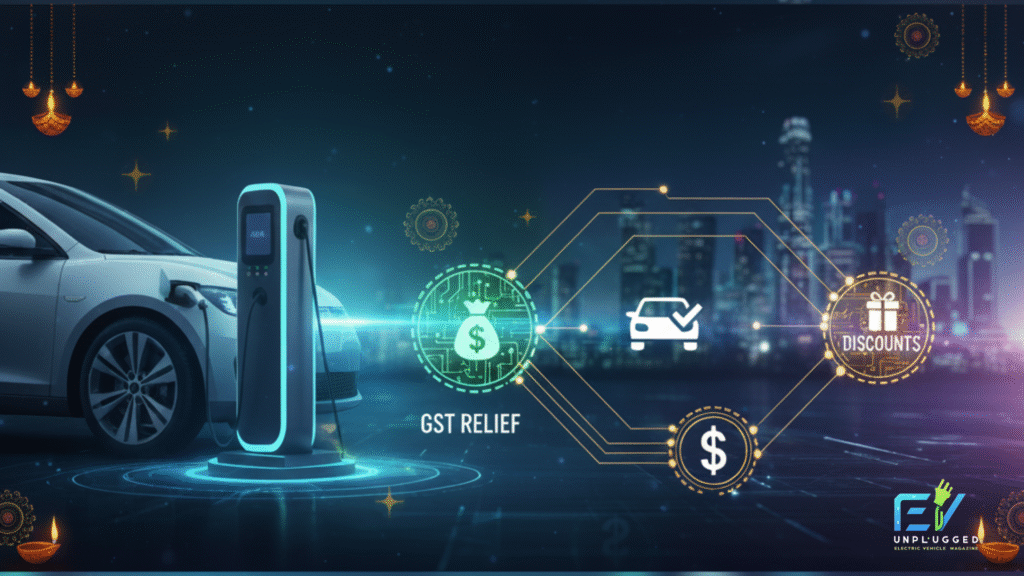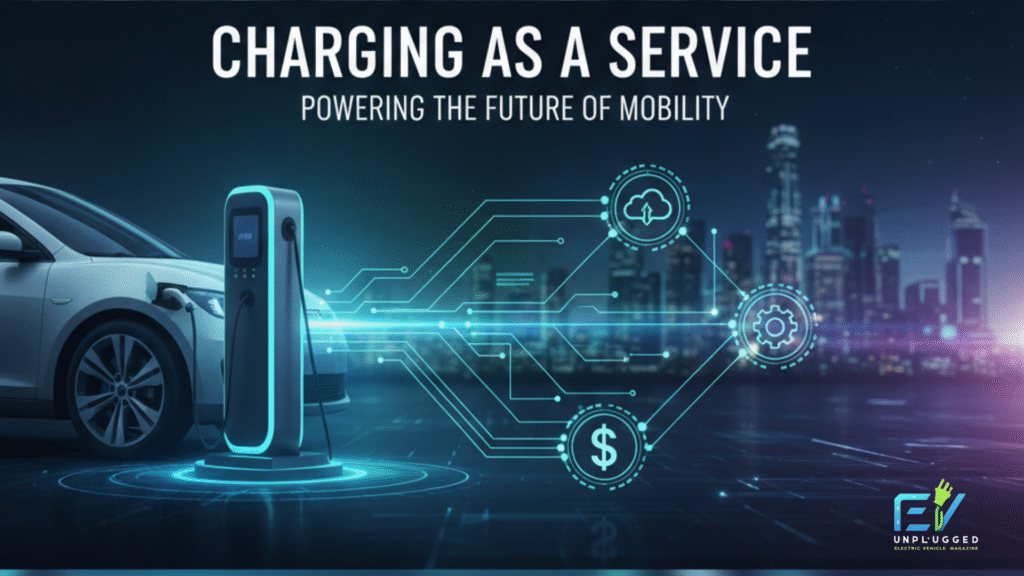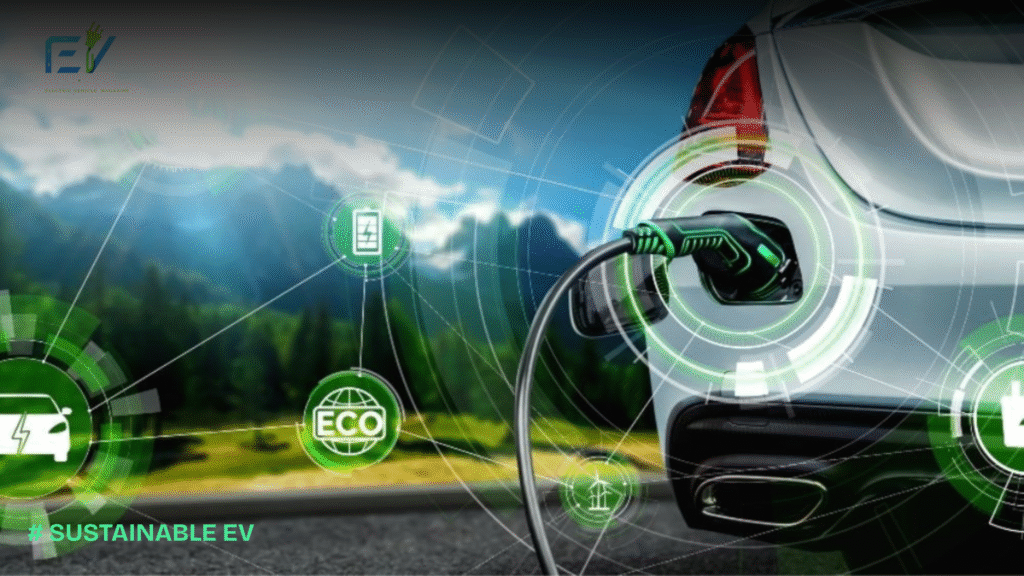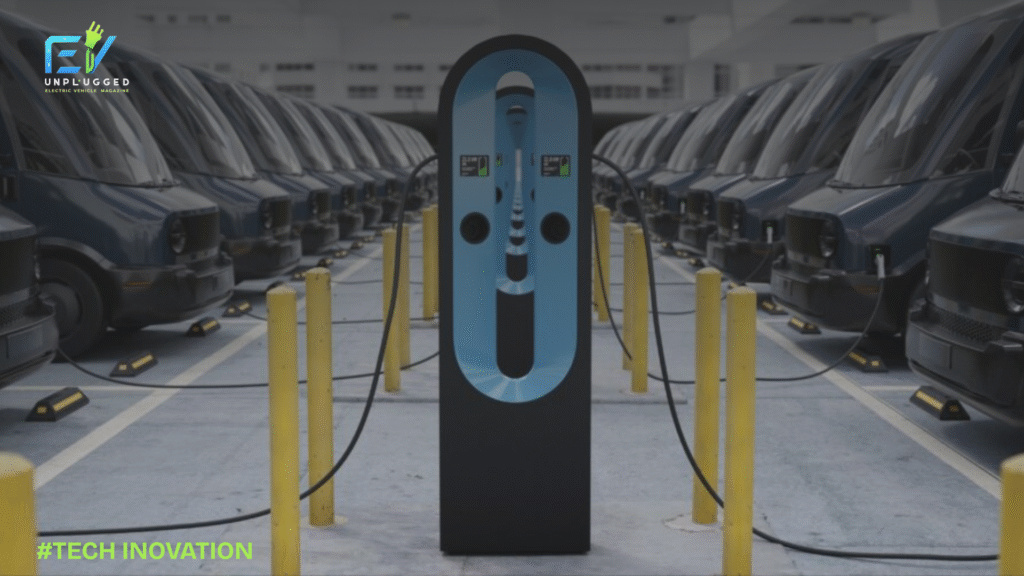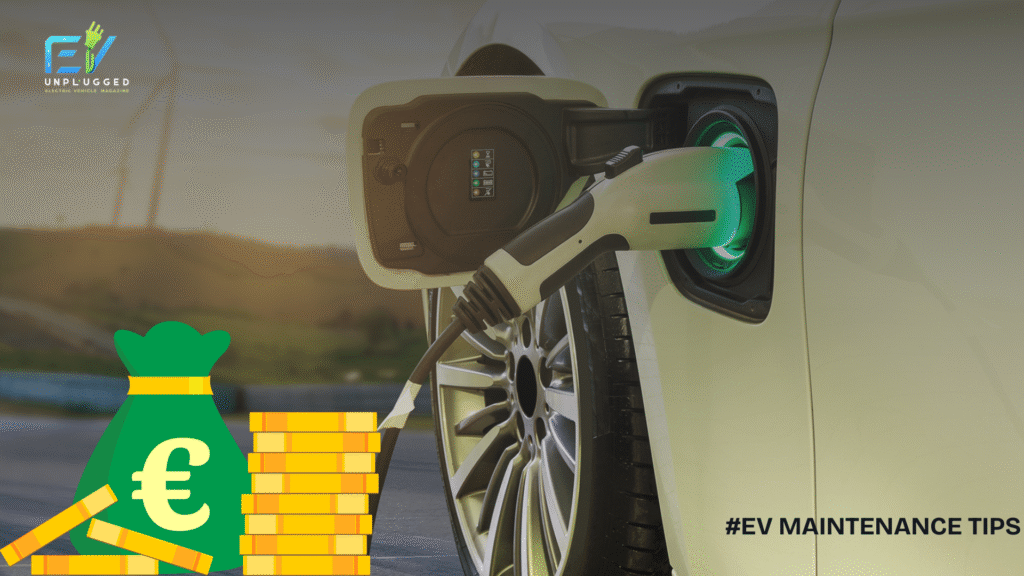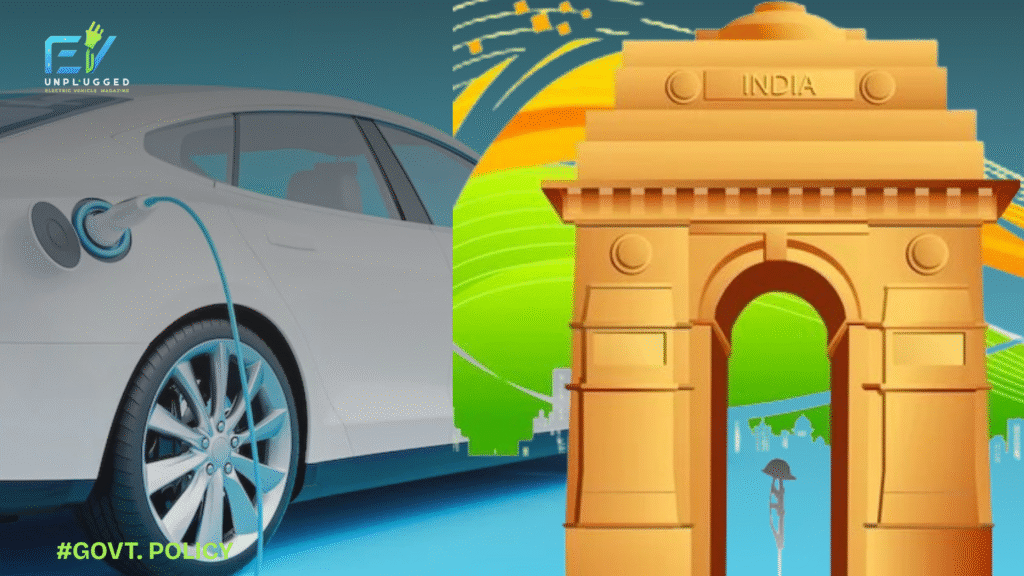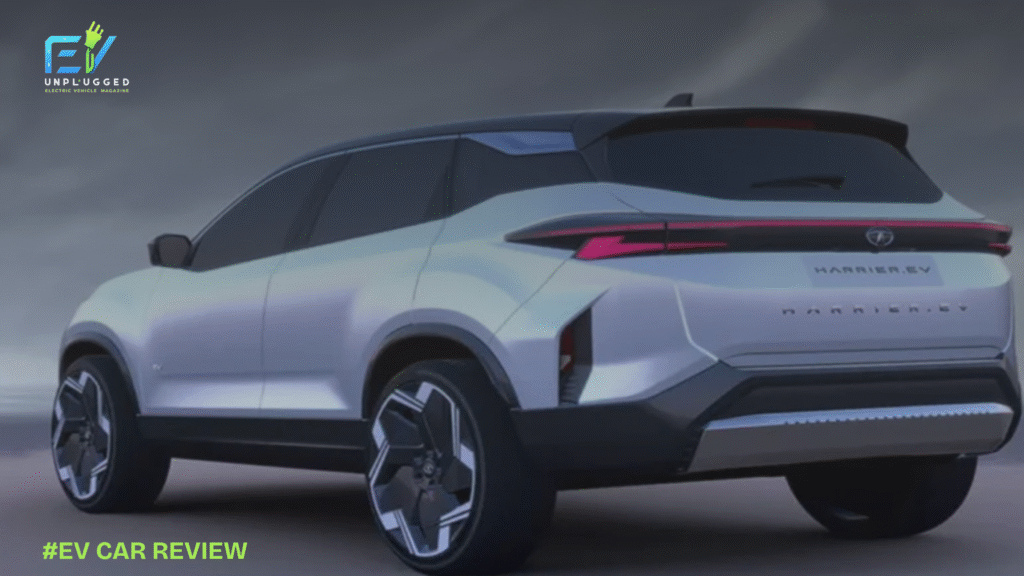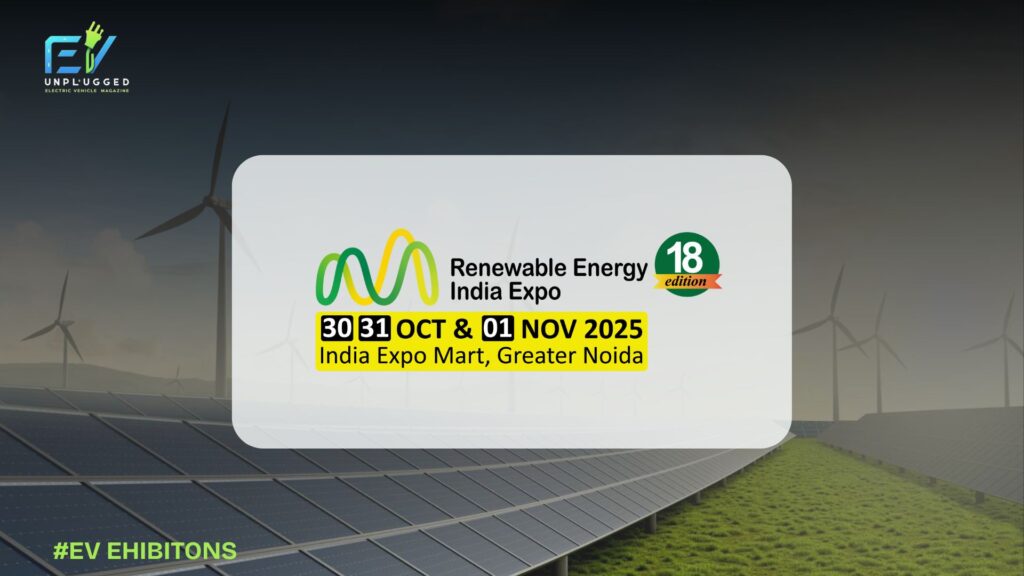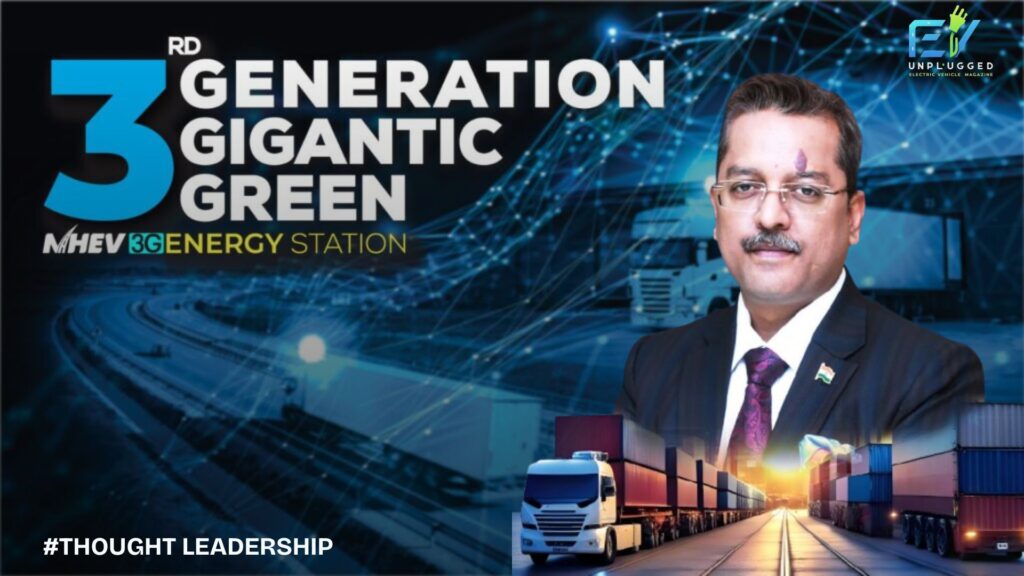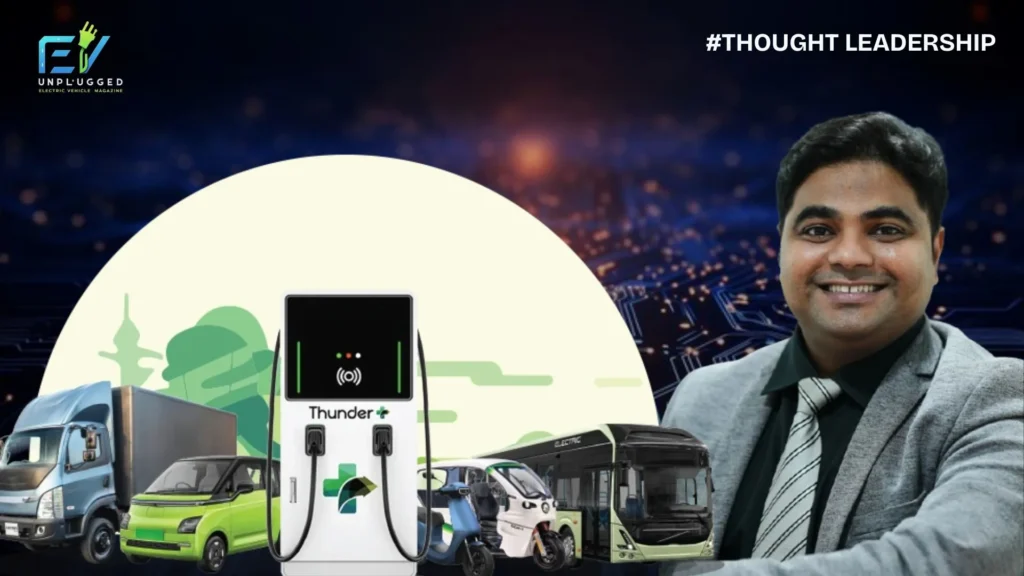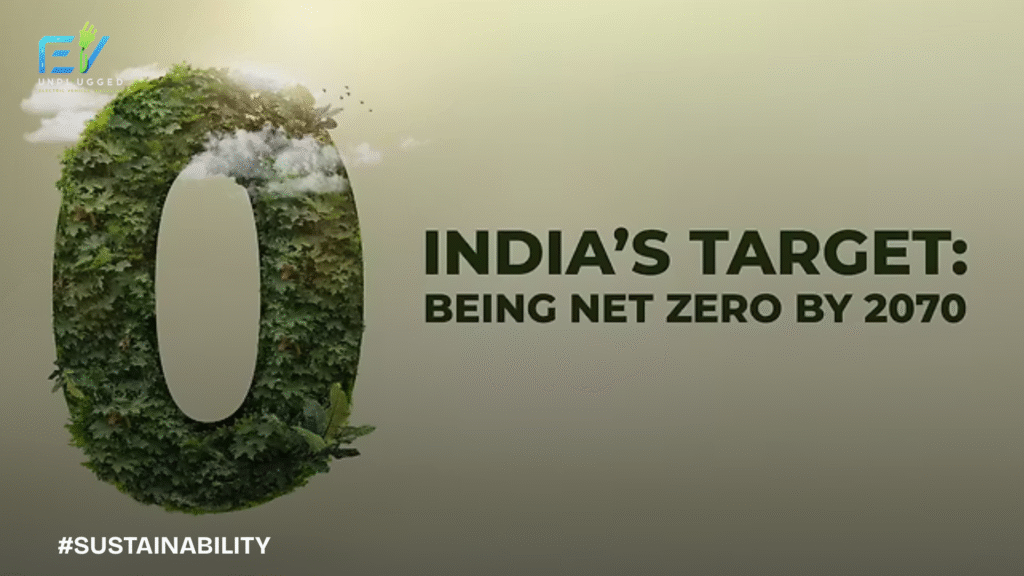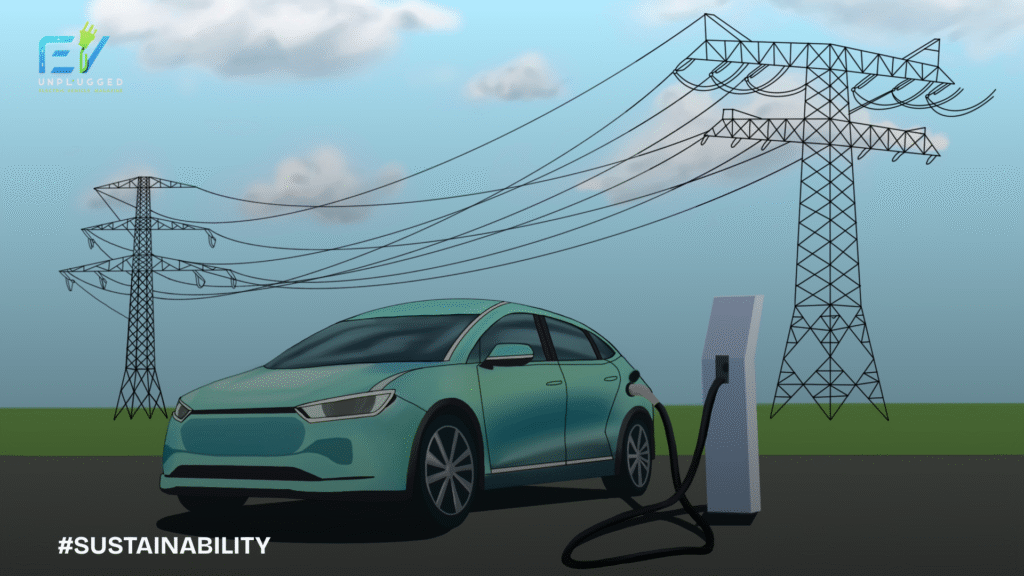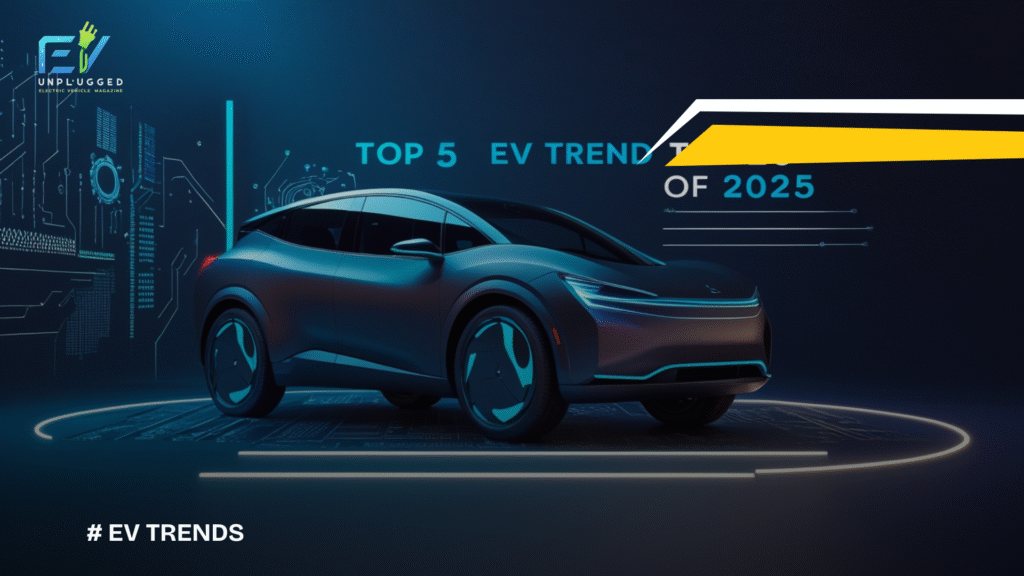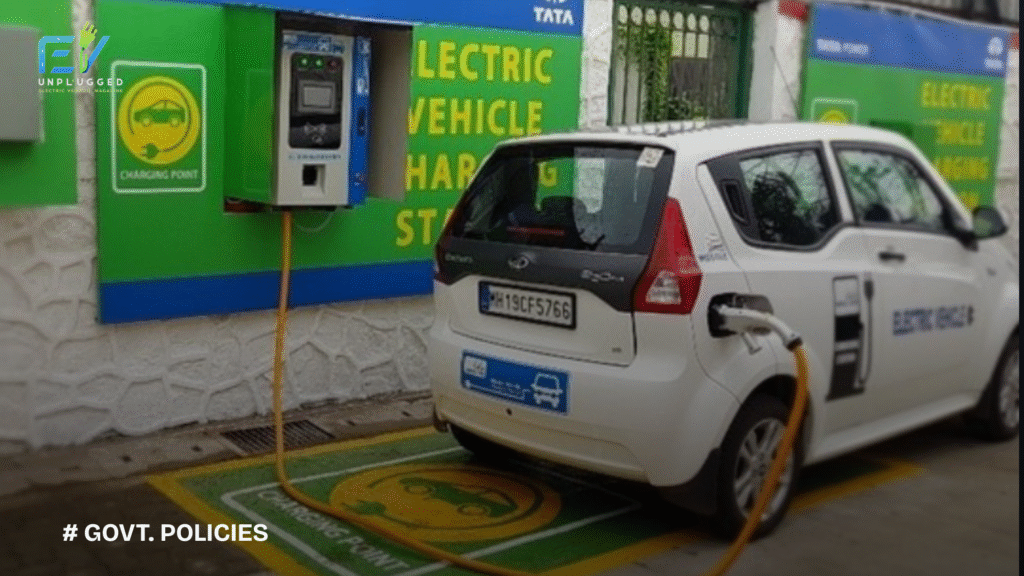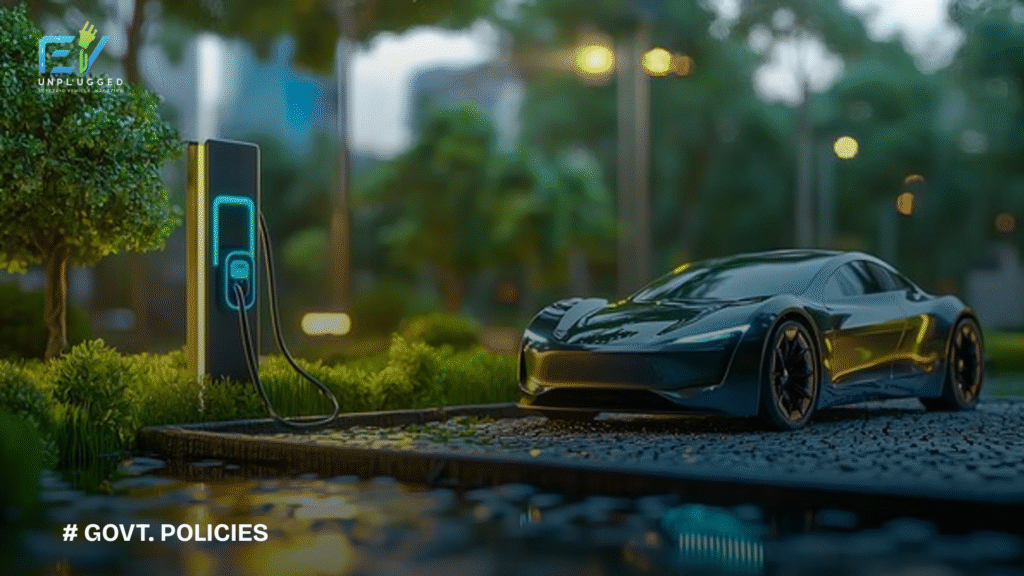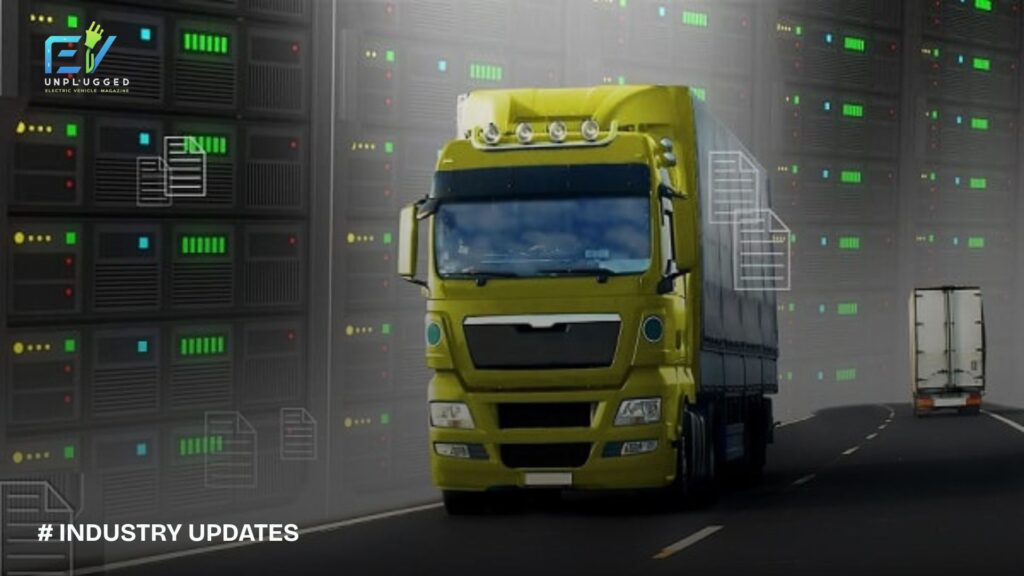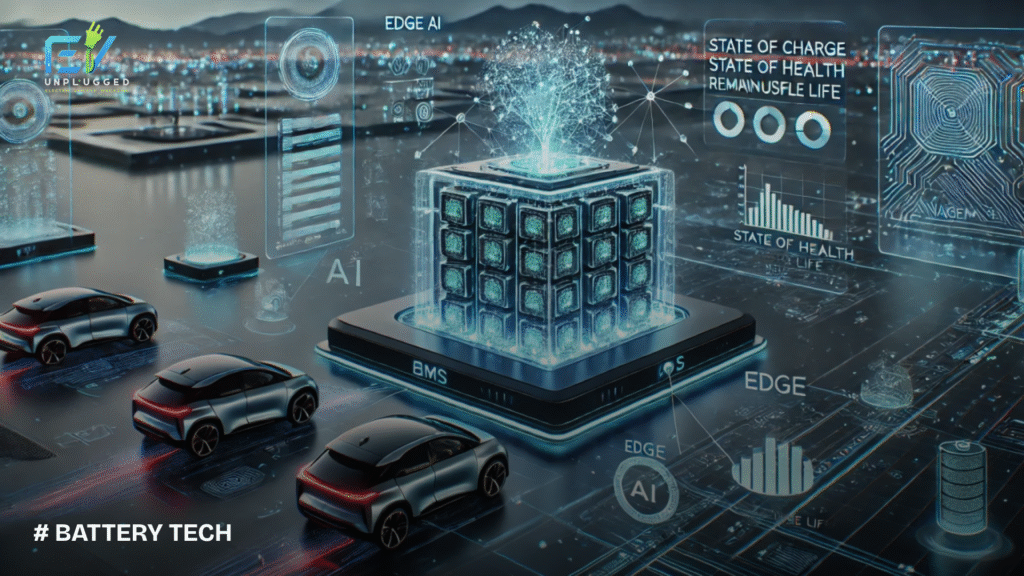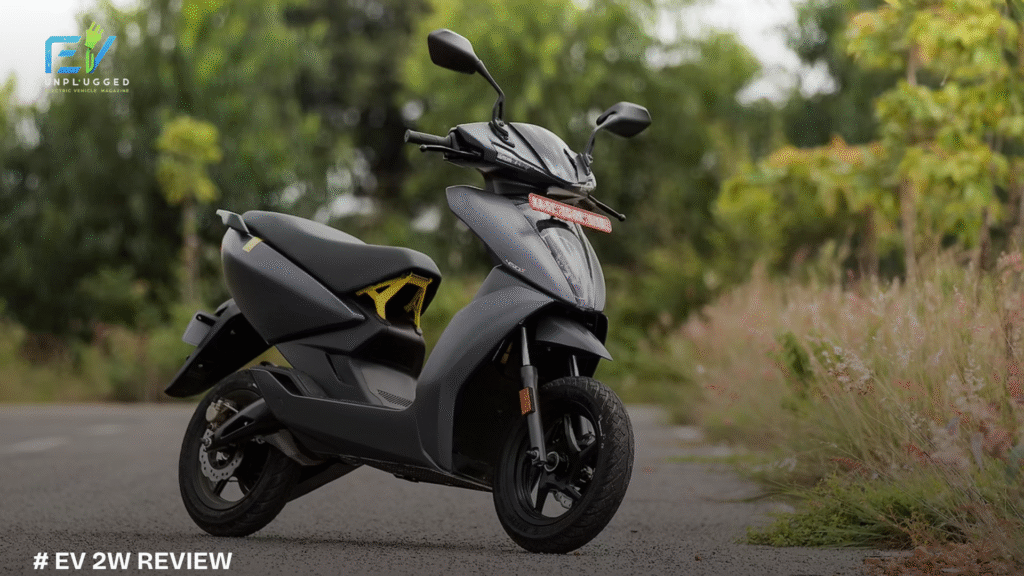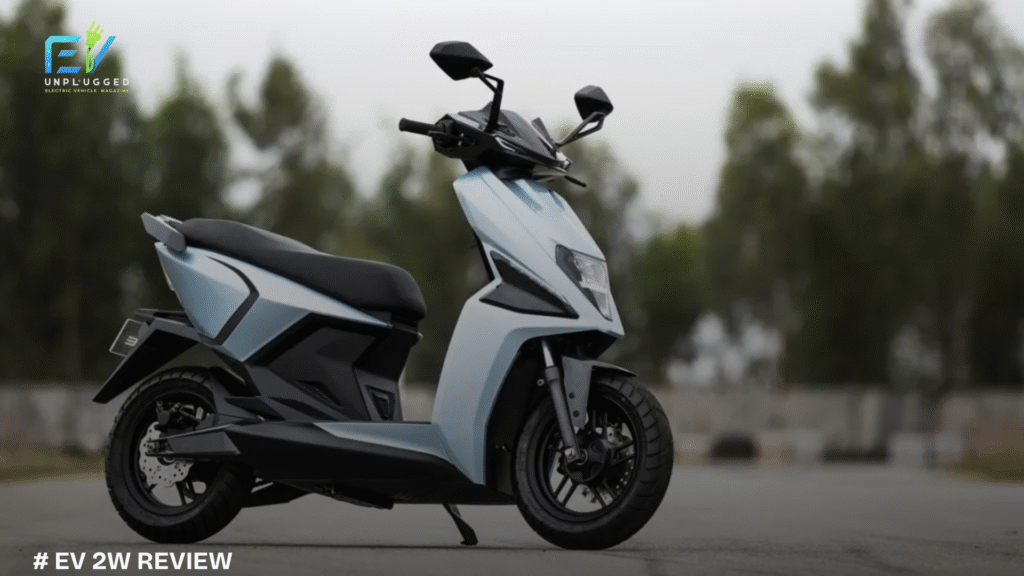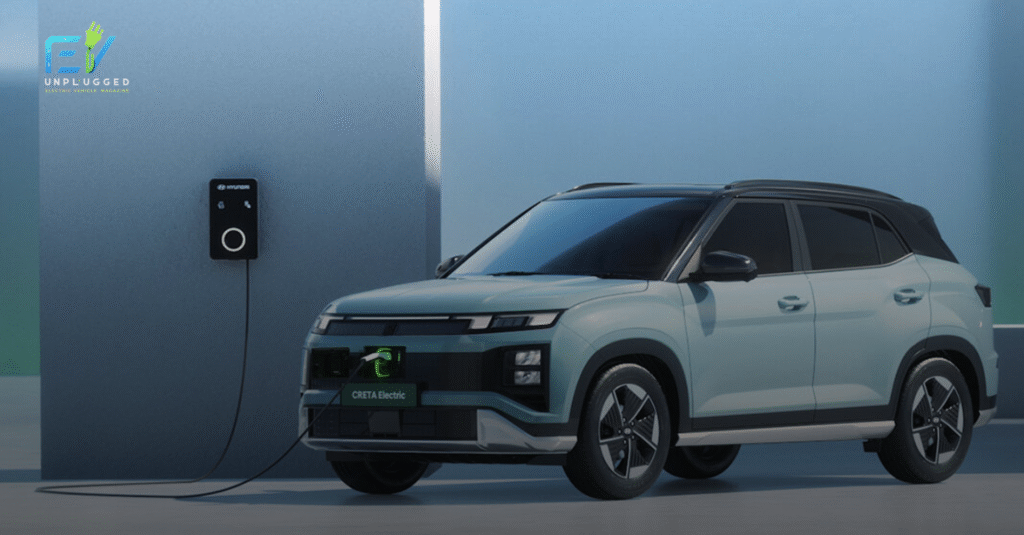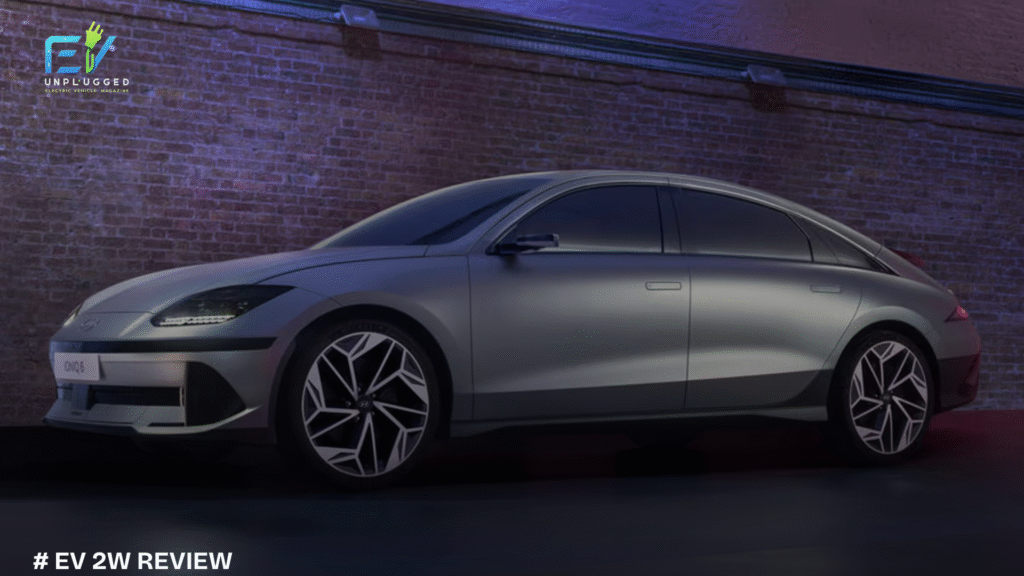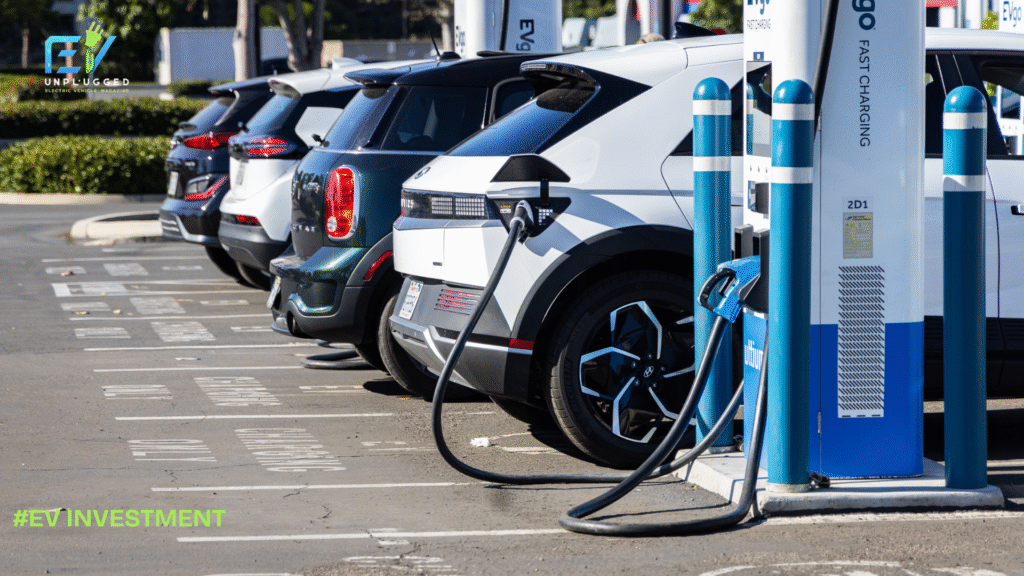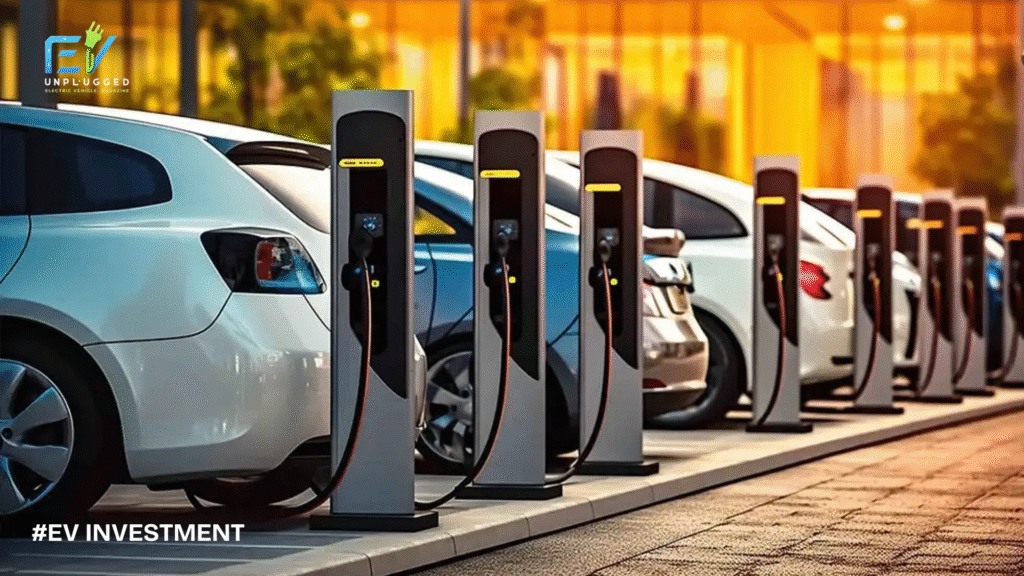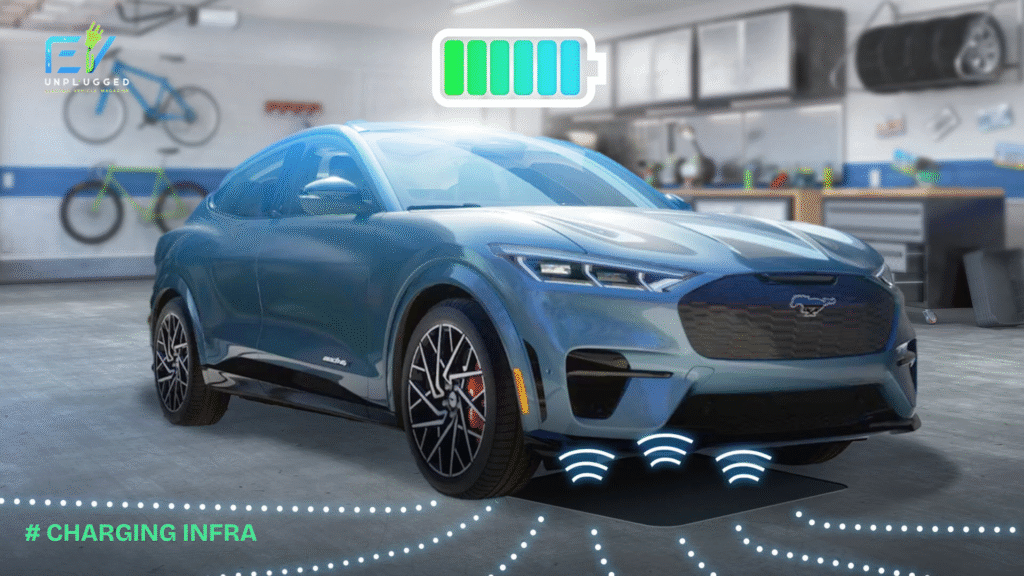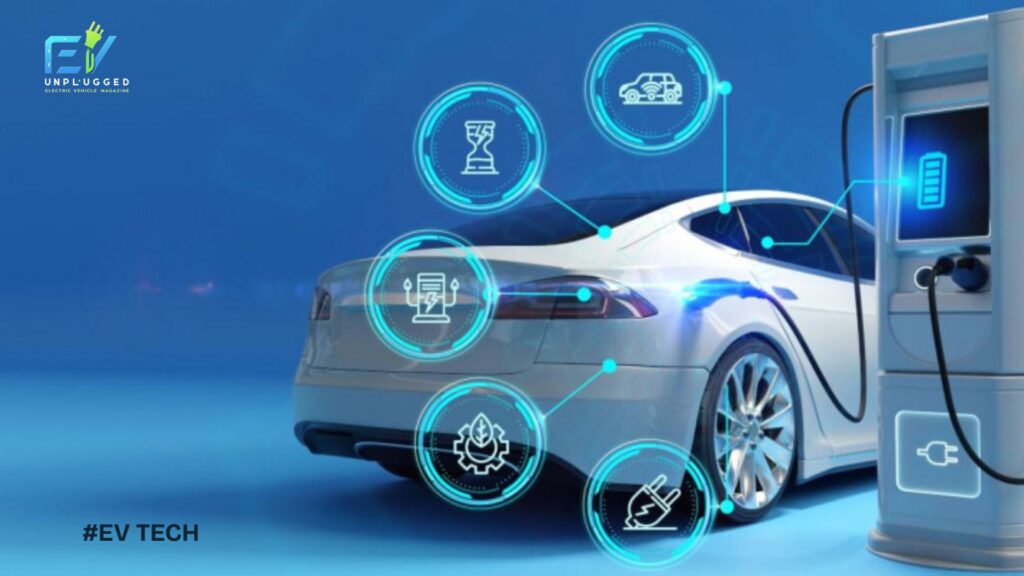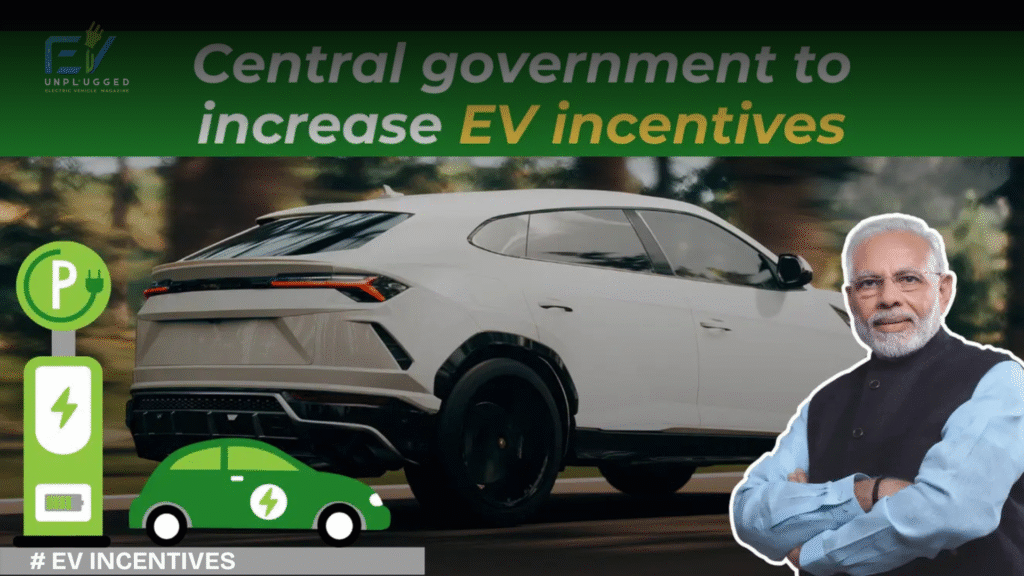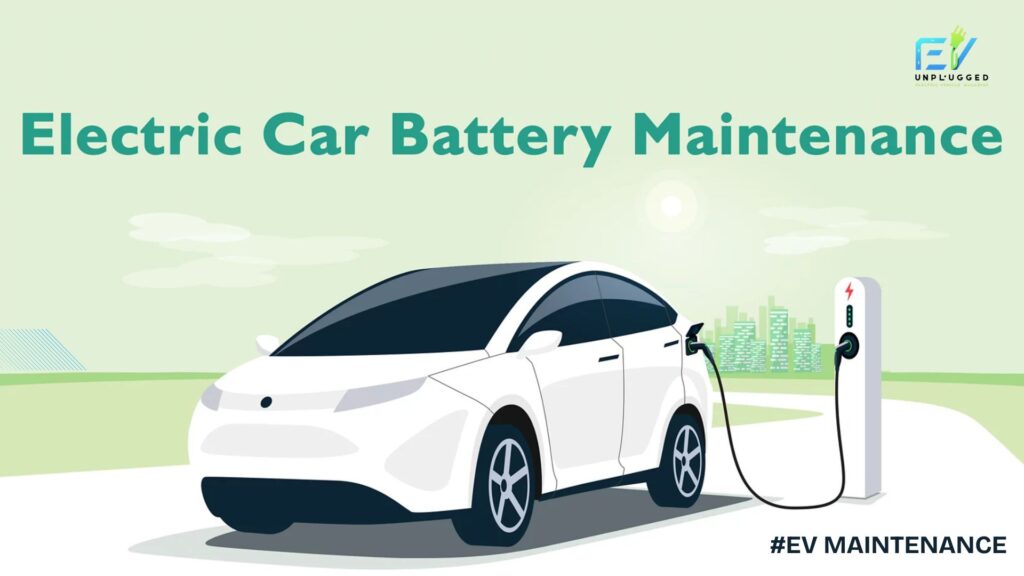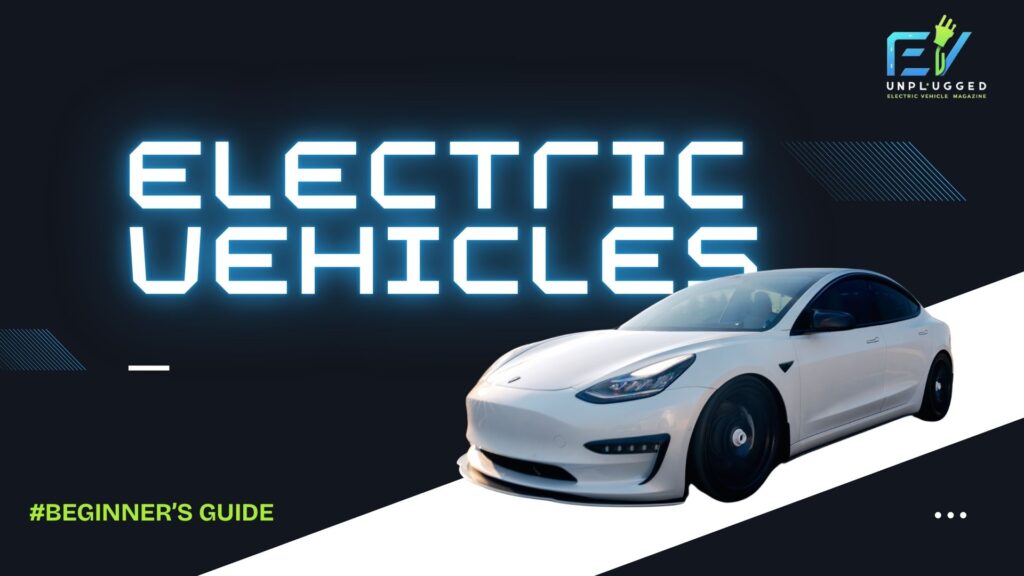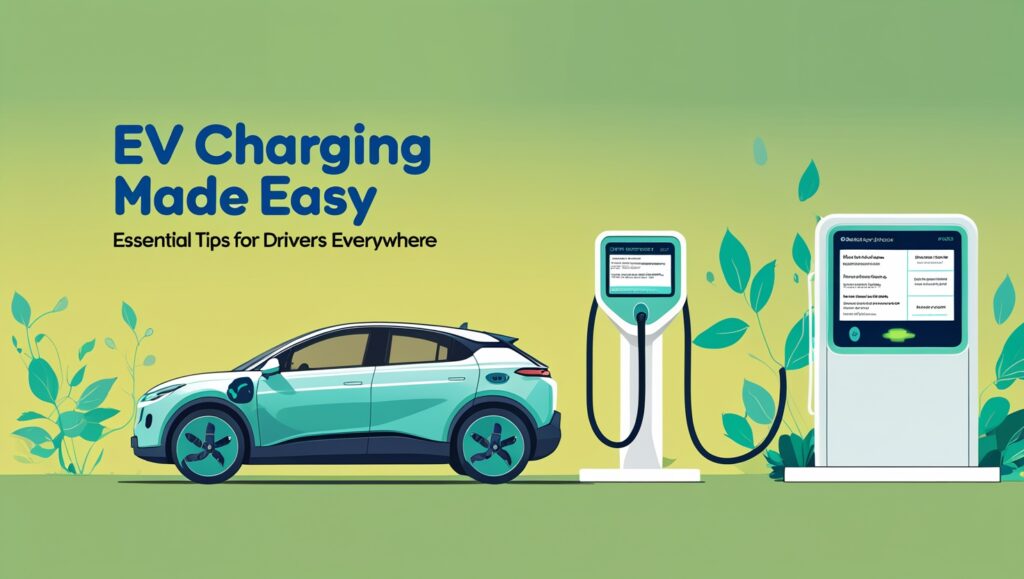Electric Vehicles and Sustainability in India: Environmental Impact and Future Outlook
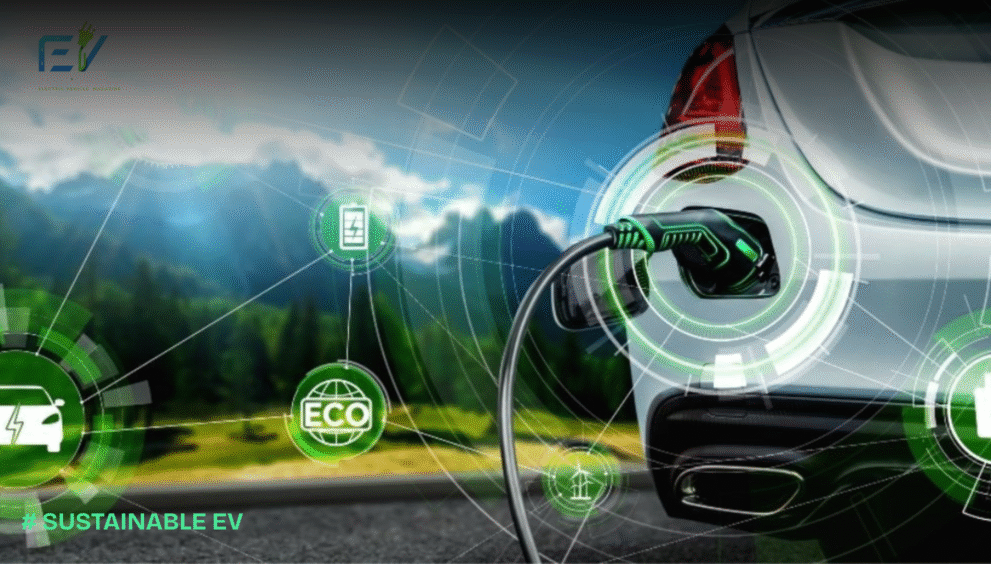
India’s transition to electric vehicles (EVs) is not just a technological shift but a significant move towards environmental sustainability. As the nation grapples with pollution and climate change, EVs offer a cleaner alternative to traditional vehicles. This article delves into the environmental benefits of EVs, the challenges faced, and the future prospects for sustainable mobility in India.
Environmental Benefits of EVs
- Zero Tailpipe Emissions: EVs produce no tailpipe emissions, reducing air pollutants like nitrogen oxides and particulate matter, which are prevalent in urban areas and contribute to health issues.
- Reduced Greenhouse Gas Emissions: Transitioning to EVs can significantly lower greenhouse gas emissions, especially when powered by renewable energy sources.
- Decreased Noise Pollution: EVs operate more quietly than internal combustion engine vehicles, contributing to reduced noise pollution in cities.
Challenges in EV Sustainability
- Battery Production Impact: The manufacturing of EV batteries involves mining for materials like lithium and cobalt, which can have environmental and ethical implications.
- Electricity Source: The environmental benefits of EVs depend on the electricity mix; reliance on coal-based power can offset some advantages.
- Infrastructure Development: Establishing widespread charging infrastructure is crucial for EV adoption and requires significant investment and planning.
Government Initiatives and Policies
- FAME India Scheme: The Faster Adoption and Manufacturing of Hybrid and Electric Vehicles (FAME) scheme provides incentives for EV adoption.
- National Electric Mobility Mission Plan (NEMMP): Aimed at promoting electric mobility and reducing dependence on fossil fuels.
- State-Level Policies: Various states have introduced their own EV policies to support infrastructure development and offer incentives.
The Road Ahead
For EVs to truly contribute to sustainability in India, a holistic approach is needed:
- Renewable Energy Integration: Increasing the share of renewables in the energy mix will enhance the environmental benefits of EVs.
- Battery Recycling: Developing efficient battery recycling processes will mitigate environmental concerns associated with battery disposal.
- Public Awareness: Educating consumers about the benefits and practicalities of EVs can drive adoption.


 English
English 